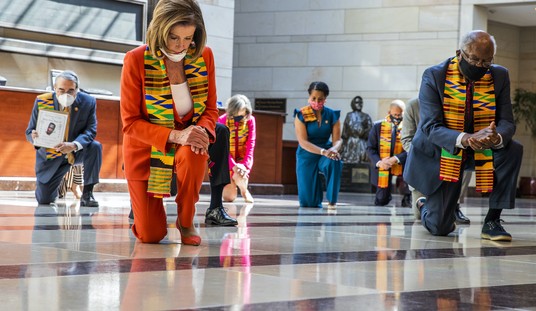With so many people writing about what ails conservatism, and so much disagreement, the basic tenets of conservatism seem to be overlooked. In attaching an ever-broader policy base to the first principles of conservatism, we have not added to our base but have increased our opposition. In fighting on the flanks, we have ignored the center, and as a result, have lost momentum through poor definition and irresponsible governance.
What is the first principle of conservatism? Limited government. Our founders understood this, which is why they tightly constrained the jurisdiction of the federal government in the Constitution. Henry David Thoreau famously wrote “That government is best which governs least”, and that encapsulates what has been the overarching philosophy of conservatism as applied to governance. Furthermore, it exists in opposition to and as a counterbalance for the competing philosophy of socialism, which postulates that government improves as it governs more.
These days, however, so-called conservatives in government appear more inclined to act on the latter philosophy than the former. Those running as conservatives from either party vote for ever-increasing federal roles in education, agriculture, the arts, and especially health care and retirement planning, despite the increasing deficits that the federal government has racked up. Entitlement programs will have a catastrophic collapse in the future, and instead of hitting the brakes, conservatives and progressives alike keep hitting the accelerator.
One might think that conservatives would at least recognize the perils of corruption in a bloated and overbearing federal government, distant from the oversight of individuals. Think again. The pork-barrel spending increased when so-called conservatives took power, pushed in no small measure by efforts to woo lobbyists who rely on increasing federal power and spending in order to get paid.
How did conservatives lose their way? They focused on everything but the core principle of limited government. Issues like gay marriage and mottos on coins took precedence. It’s not to say that there aren’t other issues that should concern the citizenry, but it is a matter of priorities, and the first priority of the “conservatives” who ran DC from 2001-2006 was re-election and spoils, not reducing government to a manageable and affordable level.
Take gay marriage as one example. In relation to the first principle of conservatism, why should this even be on the conservative radar screen, especially as a national issue? Instead of drumbeats for federal constitutional amendments, we should have insisted that government get out of the sacrament-recognition business. Let the churches determine the sacramental value of relationships, and let (state) governments enforce partnership contracts.
With every added issue, conservatives gain allies but also opponents. A narrow focus on reducing government would attract many more people than it repels. Most Americans believe that the federal government spends too much money, is too corrupt, is unaccountable to the citizenry, and creates massive inefficiencies. The first principle of conservative governance addresses all of that, and policies based on that principle would return both responsibilities and monies back to the states and local communities where they belong, so that citizens can more effectively oversee the issues in their own neighborhoods.
Trying to advance a broad agenda of issues that contradict the principle of limited government obviously hasn’t worked. All that produced was a spending spree that further bloated government and left the public with the impression that little difference exists between “conservatives” and “progressives” except in who gets the cash. If we tried actual, real conservatism by focusing on a return to smaller, less intrusive federal governance, the side issues will become more manageable in our communities. It would provide credibility to a movement that by its very nature should demand that government stay out of the bedroom and the boardroom and treat its citizens like sovereign adults rather than recalcitrant children unable to make their own decisions.








Join the conversation as a VIP Member